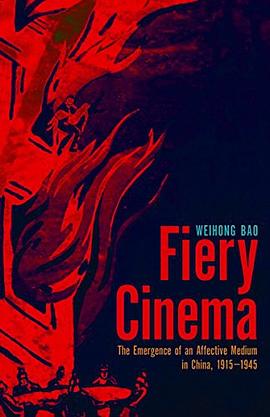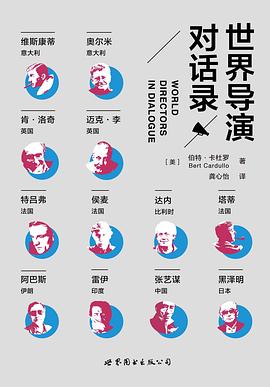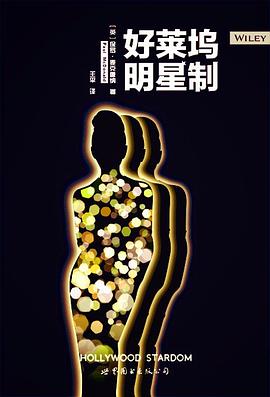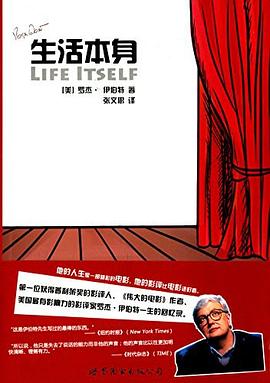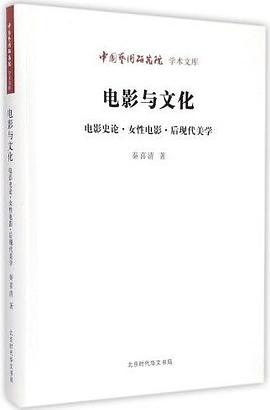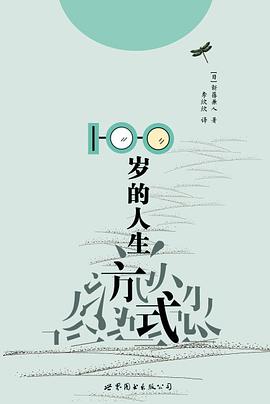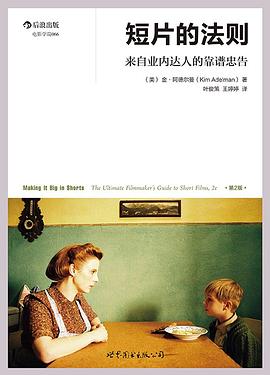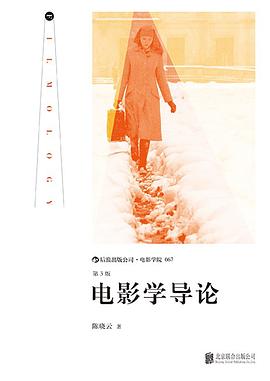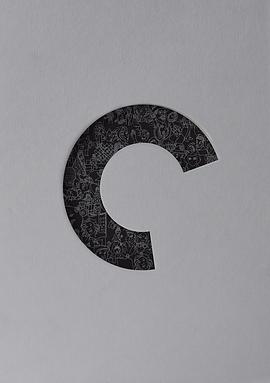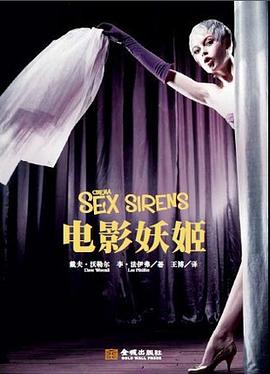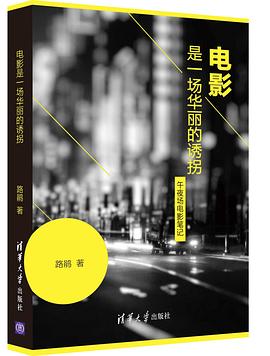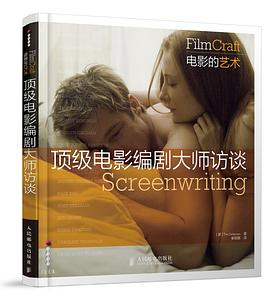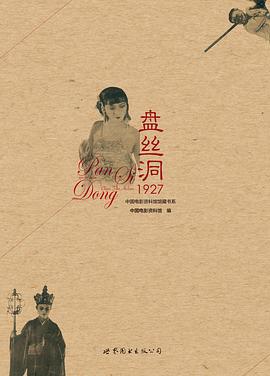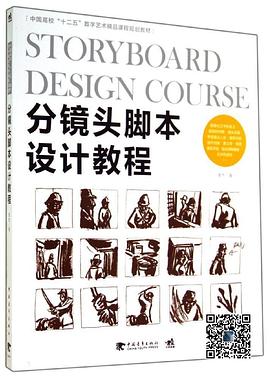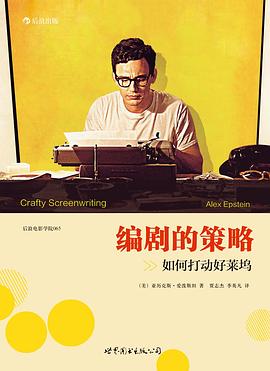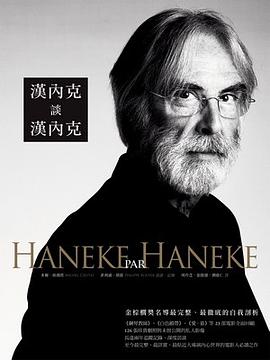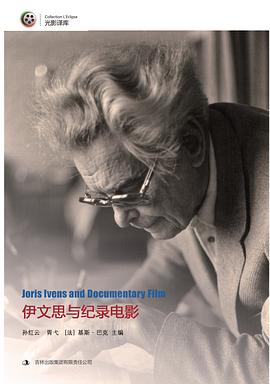
具體描述
Weihong Bao is assistant professor of film and media and Chinese studies at the University of California, Berkeley.
What was cinema in modern China? It was, this book tells us, a dynamic entity, not strictly tied to one media technology, one mode of operation, or one system of aesthetic code. It was, in Weihong Bao’s term, an affective medium, a distinct notion of the medium as mediating environment with the power to stir passions, frame perception, and mold experience. In Fiery Cinema, Bao traces the permutations of this affective medium from the early through the mid-twentieth century, exploring its role in aesthetics, politics, and social institutions.
Mapping the changing identity of cinema in China in relation to Republican-era print media, theatrical performance, radio broadcasting, television, and architecture, Bao has created an archaeology of Chinese media culture. Within this context, she grounds the question of spectatorial affect and media technology in China’s experience of mechanized warfare, colonial modernity, and the shaping of the public into consumers, national citizens, and a revolutionary collective subject. Carrying on a close conversation with transnational media theory and history, she teases out the tension and affinity between vernacular, political modernist, and propagandistic articulations of mass culture in China’s varied participation in modernity.
Fiery Cinema advances a radical rethinking of affect and medium as a key insight into the relationship of cinema to the public sphere and the making of the masses. By centering media politics in her inquiry of the forgotten future of cinema, Bao makes a major intervention into the theory and history of media.
用戶評價
##又渡瞭一劫……
評分##重寫電影史 選讀
評分重寫中國電影史的力作:(1)依靠媒介譜係學打開電影的“跨媒介性”,比如第二章講靈視/無綫傳輸技術在2、30年代形塑對電影媒介性的理解,第四章講左翼電影和上海現代主義建築在“透明性”美學上的共鳴,闡述電影作為一種技術在中國的(媒介/技術)現代性中的中心角色。(2)依靠情感/情動研究重新繪製電影的美學譜係,抓住“火/燃燒”這一關鍵元素,它代錶一種美學意象、一種理解技術的詩學想象、一種媒介原型、一種政治能量的隱喻...組織瞭三部六個章節,大大復雜化瞭對於中國電影美學和政治的探討。(3)在前麵兩根主軸建立的體係裏,照顧到瞭許多之前少有觸及的對象,比如“火燒片”的新英雄主義、戰時重慶的國策片的美學試驗,戰時重慶、上海、香港影視生産的聯係和互文等等,打破左翼/非左翼的傳統視角。
評分##寫得影史三城記,藉得烈火一縷魂。
評分##不是那種一眼看上去就讓人喜歡的書。槽點很多,比如語言晦澀造成的閱讀障礙、腦洞過大的理論解讀,每個章節內部的結構也有些鬆散。但相比於其他中國早期電影研究(比如張真那本),包衛紅確實抓住瞭一個更有概括力和延展性的視角。把電影看作affect medium,由此勾連瞭左翼電影和商業電影(甚至政治宣傳片),突齣瞭電影媒介和其他媒介的互動(戲劇、建築、報紙、大眾科學等等),對於重新思考20世紀中國文藝史整體都有幫助。
評分 評分 評分 評分相關圖書
本站所有內容均為互聯網搜尋引擎提供的公開搜索信息,本站不存儲任何數據與內容,任何內容與數據均與本站無關,如有需要請聯繫相關搜索引擎包括但不限於百度,google,bing,sogou 等
© 2025 book.qciss.net All Rights Reserved. 圖書大百科 版權所有

